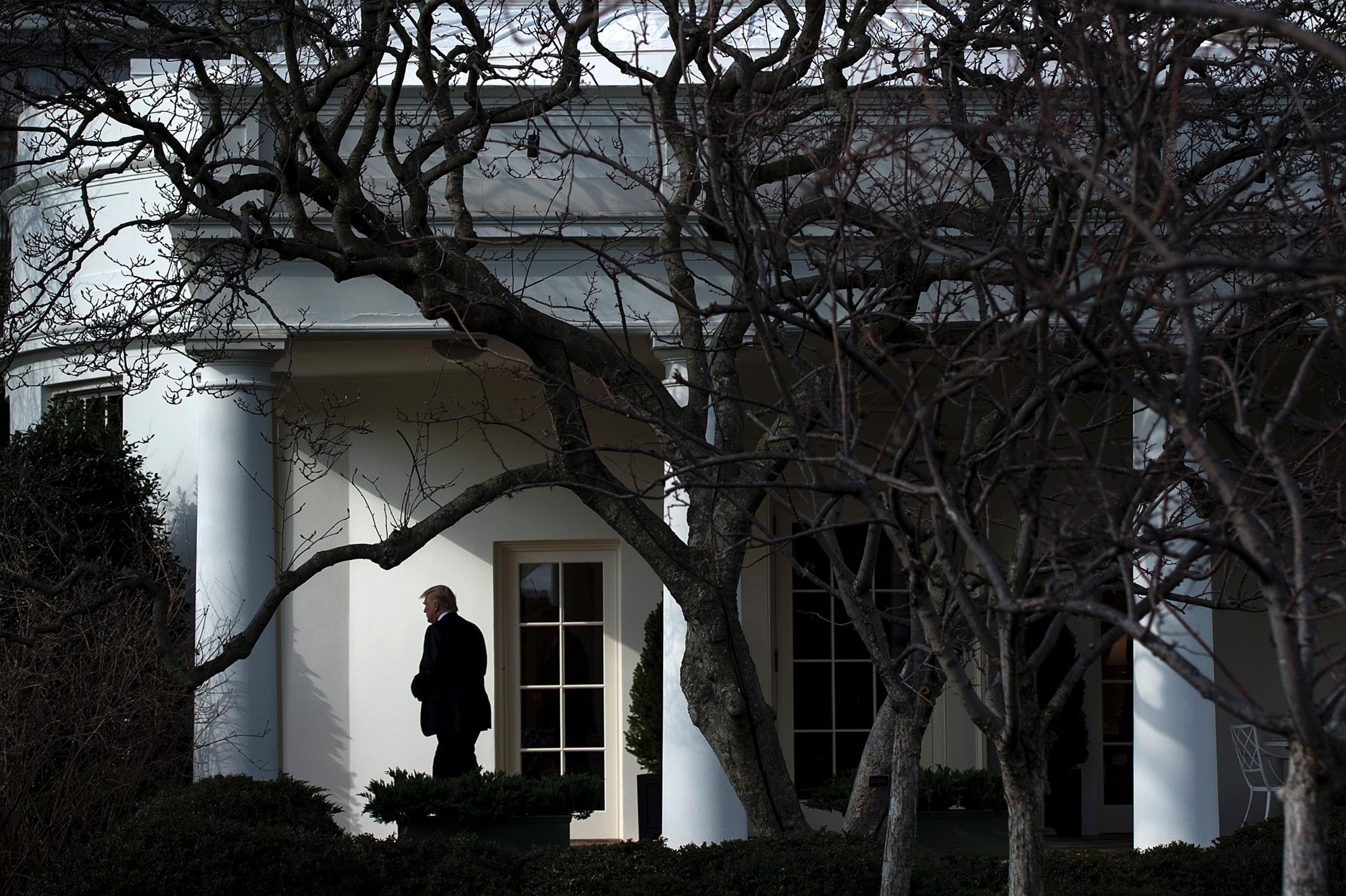Donald Trump's White House 'illegally' refusing freedom of information requests, rights group warns
Public Citizen lawsuit raises fresh transparency concerns

President Donald Trump's White House appears to be even less transparent than it seemed a few months ago. According to a new lawsuit from the advocacy group Public Citizen, the Trump administration is refusing to release information on even a subset of visitors to the White House grounds. This is likely illegal and certainly wrong.
Public Citizen says it has asked repeatedly that the Secret Service turn over records on who has visited four executive agencies on the White House grounds, including the Office of Management and Budget, which crunches numbers for the President on a wide range of policies, and the Council on Environmental Quality, another important policy department.
But, according to Public Citizen's attorney, the Trump administration rebuffed the organisation's requests, citing legal and logistical barriers. Among them: It would be difficult to sort out who visited which agency and, therefore, which records need to be released and which do not. Here's a solution: Go back to releasing all visitor logs, except when doing so would endanger national security.
Public Citizen's suit comes on the heels of another, broader complaint from a separate collection of advocacy groups, charging that all White House visitor records should be, as a matter of course, public, including records on visits to Mar-a-Lago and other places where Trump routinely sets up shop. This was more or less the approach the Obama administration took, after facing similar lawsuits. The Trump administration nevertheless said in April that an open policy would present “grave national security risks and privacy concerns.” At that time, the White House said the Trump administration would, when asked, still release visitor records relating to agencies not technically under the executive office of the president, agencies that are almost certainly subject to the Freedom of Information Act. Now, in turning down Public Citizen's requests, the administration appears to be defying even that policy.
Public Citizen argues that more transparency would reveal that Trump administration staffers are taking a lot of meetings with industry groups. This would not be surprising. Even so, knowing exactly whose counsel the president's staff is taking would nevertheless advance public understanding of its leaders and how those leaders are making policy.
Reasonable public scrutiny, meanwhile, can have a beneficial effect on how staffers behave, particularly when higher-ups are not watching. Former Obama administration officials say that the previous visitor records policy discouraged staff from taking meetings and cultivating associations they probably should not have. Concerns about harm to national security did not bear out.
It should not fall on the courts to enforce basic transparency from the public's elected leaders. But with this administration, the judiciary may have an essential role to play.
The Washington Post
Join our commenting forum
Join thought-provoking conversations, follow other Independent readers and see their replies
Comments